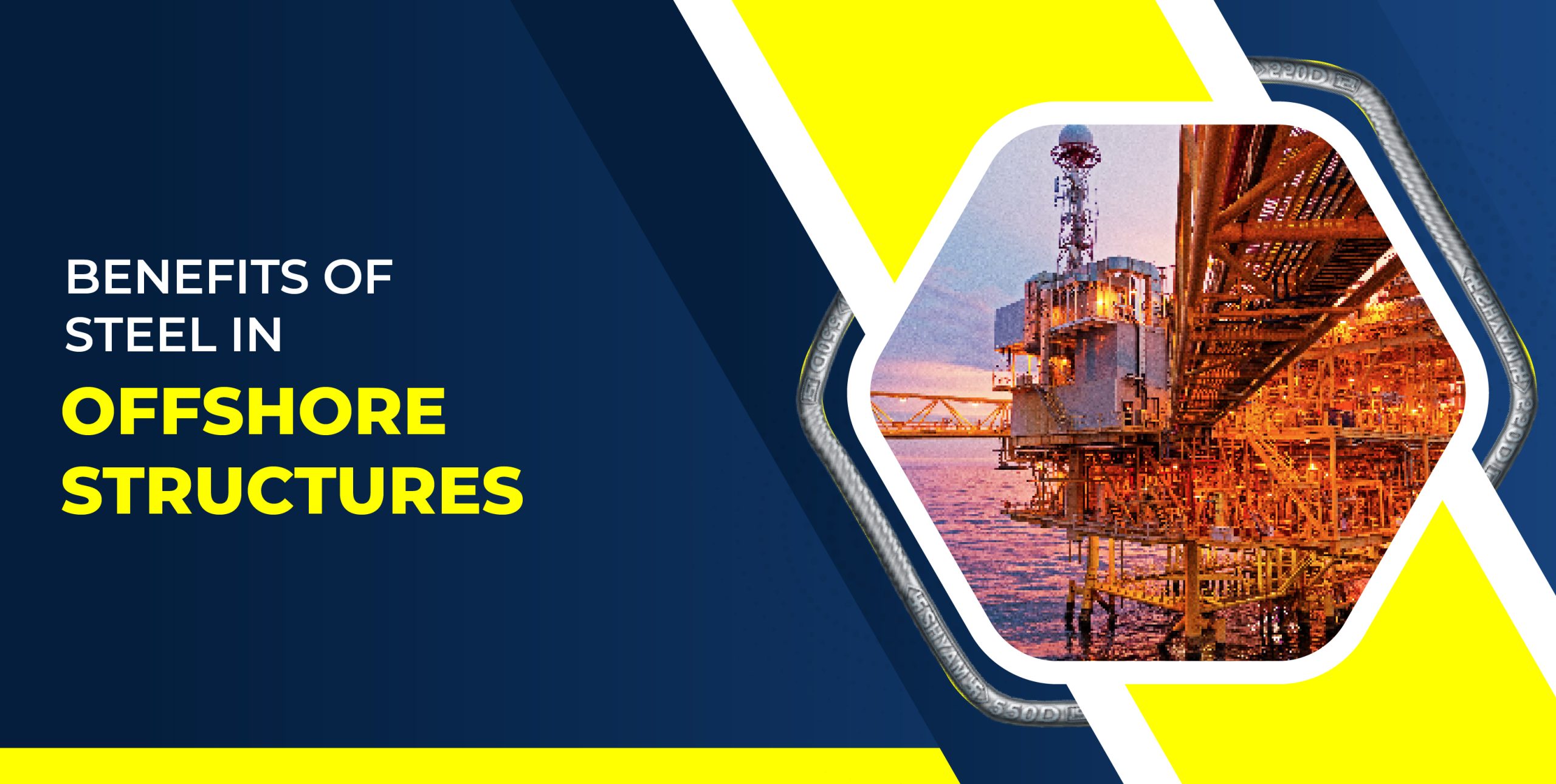THE BENEFITS OF USING STEEL IN OFFSHORE STRUCTURES
Offshore structures are exposed to harsh marine environments, making the choice of material for these structures critical. The use of steel in offshore structures has been prevalent for decades due to the unique properties that make it an ideal material for such applications. Steel has numerous benefits, including high strength, durability, and corrosion resistance, making it an excellent choice for offshore structures. This article will discuss the benefits of building material supplies like steel in offshore structures and why it is the preferred material for such applications.
1. High Strength
The top construction company in Bihar suggests that one of the primary benefits of using steel in offshore structures is its high strength. Steel is known for its ability to withstand high loads and extreme conditions. Offshore structures are subjected to harsh weather conditions and dynamic loads, making high-strength steel essential. Steel is stronger than most other materials used in offshore structures, making it the preferred material for these applications.
2. Corrosion Resistance
Offshore structures are exposed to saltwater, which can lead to corrosion and degradation. Steel has excellent corrosion resistance properties, making it an ideal material for offshore structures. The steel used in offshore structures is typically coated with special coatings, enhancing its corrosion resistance properties. This ensures the structure remains durable and long-lasting, even in harsh marine environments.
3. Durability
Another advantage of using steel from the best building materials supply in Bihar in offshore structures is its durability. Steel structures have a long lifespan and can withstand harsh weather conditions, making them a cost-effective solution for offshore applications. Steel structures are easy to maintain, and they can last for decades with proper care and maintenance. This makes steel a popular choice for offshore structures intended to be long-lasting and low-maintenance.
4. Fire Resistance
Steel is a fire-resistant material, which makes it an ideal choice for offshore structures. In the unlikely event of a fire, steel can resist high temperatures, preventing fire spread. This is crucial in offshore structures, where fire incidents can have disastrous consequences.
5. Design Flexibility
Steel is highly versatile, making it an ideal choice for offshore structures. Steel structures can be customized to meet specific requirements, making it possible to design functional and aesthetically pleasing structures. Steel structures can be constructed in various shapes and sizes, making it possible to design structures tailored to meet the needs of the application.
- Conclusion
Using steel in offshore structures has numerous benefits, including high strength, corrosion resistance, durability, fire resistance, and design flexibility. These properties make steel the preferred material for offshore applications, where the structures are exposed to harsh marine environments. At Shyam Steel, we understand the importance of using high-quality steel in offshore structures, and our products are designed to meet the highest quality and durability standards. Contact us today to learn more about our products and services.

